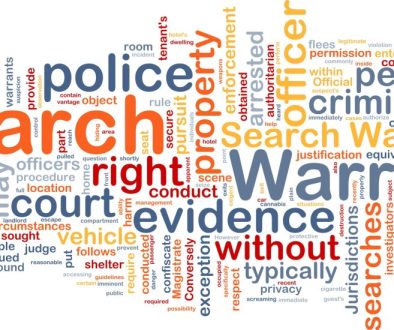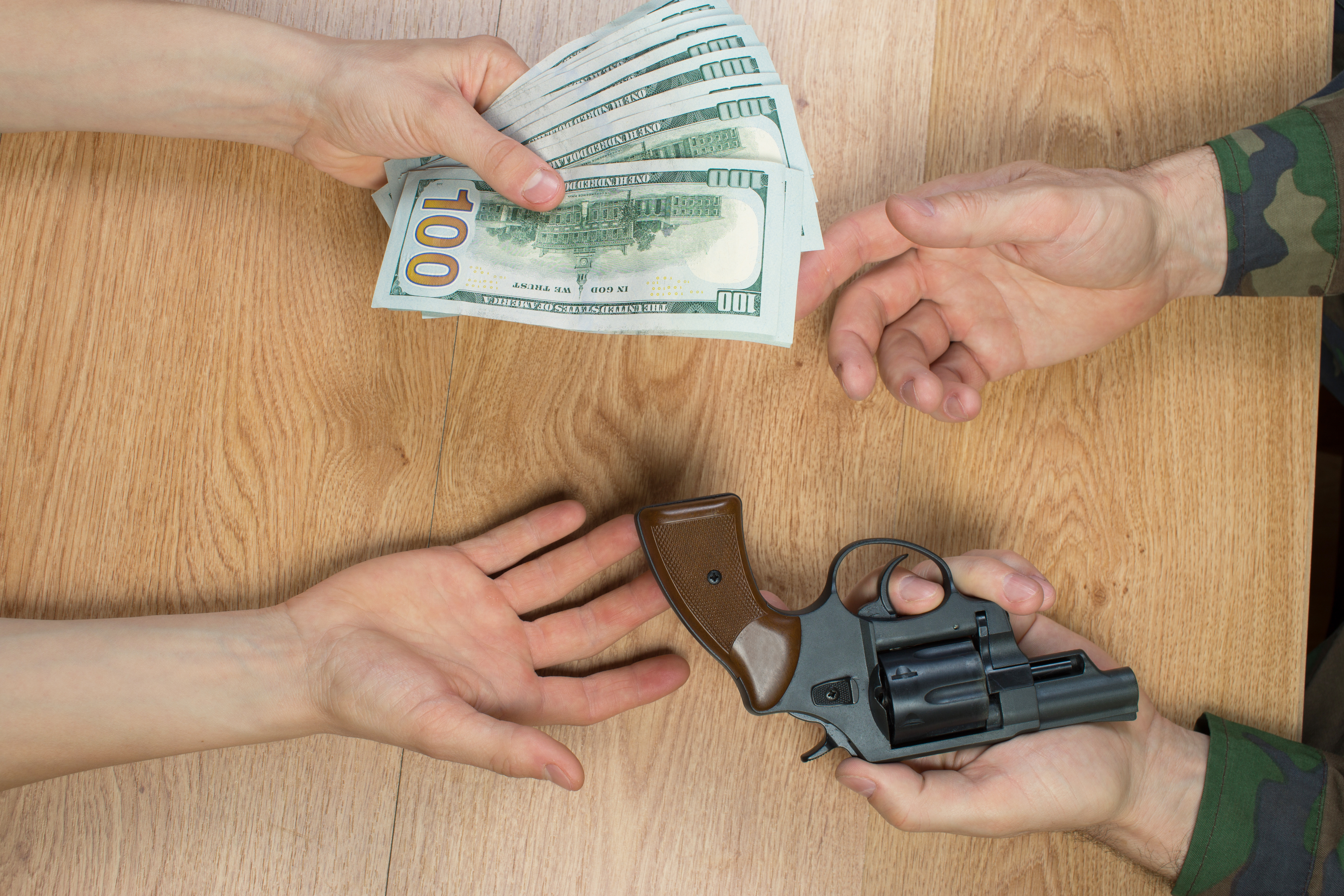“I didn’t know” isn’t a defense! What to know about buying a gun in Pennsylvania.
I always receive questions from people who want to purchase or who have purchased a hand gun about their legal obligations pertaining to this firearm in Pennsylvania and New Jersey. Prior to buying a gun, you should always consult with a criminal defense lawyer if you even remotely believe that something in your background will create an issue for you. I talked about gun charges on my podcast and also have a video on this topic.
I always begin my response with an explanation that neither Pennsylvania or New Jersey will consider “I didn’t know” as a legal defense but only possibly toward mitigation at sentencing (following a conviction or plea). In Pennsylvania and New Jersey, a person must complete an application before purchasing a handgun. New Jersey, additionally, requires a permit to purchase a handgun. While Pennsylvania doesn’t require a permit the Pennsylvania State Police, under its form SP4-113, will ask if you have ever been convicted of “a crime enumerated in Section 6105(b) or any other conditions under Section 6105(c) apply to you”.
Question 31 on Form SP4-113 – Section 6105 of Pennsylvania’s Uniform Firearm’s Act – Felony & Misdemeanor Crimes
Question 31 on the application is specifically focused on felony crimes of violence such as aggravated assault, criminal trespass, robbery, rape, murder, and manslaughter. In addition, under Subparagraph C, the question is asking if the person has ever been convicted of a crime under Pennsylvania’s Controlled Substance, Drug, Device, and Cosmetic Act or any equivalent federal or a statute of another state such as New Jersey. Further, subparagraph C of Section 6105 makes it a crime for any individual who has been convicted of drunk driving on 3 or more occasions within a 5 year period. Finally, this section also deals with active protection from abuse orders (PFA) under 23Pa.CS Section 6108 which requires a person to relinquish all guns and firearms.
Question 32 – Other offenses and crimes where the maximum punishment exceeds 1 year.
Most people assume that only a felony crime will make them ineligible to possess a firearm within the Commonwealth but question 32 of the applications asks if a person has ever been convicted of a crime punishable by imprisonment for a term exceeding 1 year. The question follows with an explanation with regards to a maximum sentence. It’s important to understand that in Pennsylvania, misdemeanor crimes carry the following maximum sentences:
- Misdemeanor of the 1st degree—5 years
- Misdemeanor of the 2nd degree—2 years
- Misdemeanor of the 3rd degree or ungraded misdemeanors—1 year
Basically, this means that if you’ve been convicted of a misdemeanor of the 2nd degree you would have to answer question 32 “YES” even though it’s not a felony offense. Examples of ungraded misdemeanors included simple drug possession, possession of drug paraphilia, most drunk driving offenses and some simple assaults. Examples of misdemeanors of the second or 1st degree included simple assault, possession of an instrument of crime (PIC), some illegal gun and firearms charges.
What Type Of Criminal Charges Could You Face For A False Application?
It is extremely important to understand that if you falsify a gun application in Pennsylvania, district attorney for that county will, more than likely, attempt to prosecute you under 3 possible statutes. These would include the following:
- Unsworn falsification to authorities
- Title 18 § 1849(a)—misdemeanor of the 2nd degree
- Tampering with public records or information
- Title 18 § 4911(a)—misdemeanor of the 2nd degree
- Making a material false written statement in connection with a
purchase, delivery, or transfer of
firearm
- Title 18 § 6111(g)(4)—felony of the 3rd degree
Section 6111 – The Sale or Transfer of Firearms in Pennsylvania
Of all of these charges, obviously the felony charge is the most serious and the maximum penalty under the law is 7 years of incarceration. A person violates Section 6111 if he or she makes a material false oral or written statement in connection with the purchase, deliver, or transfer of a firearm. A person also violates this section if he or she furnishes a false identification with regards to the purchase of a firearm. Keep in mind that many people answer the question incorrectly because they don’t properly understand prior criminal offenses and the maximum penalty. “I didn’t know” isn’t a defense and it would only go towards mitigation of a possible sentence.
For more great criminal defense information, keep reading this blog



